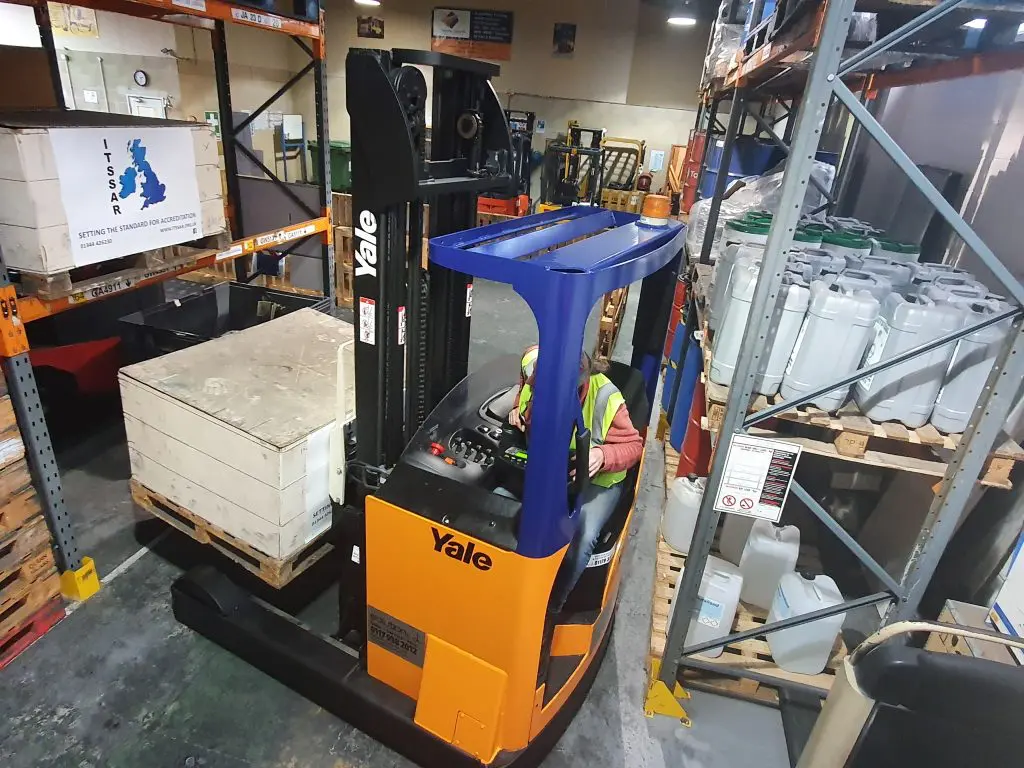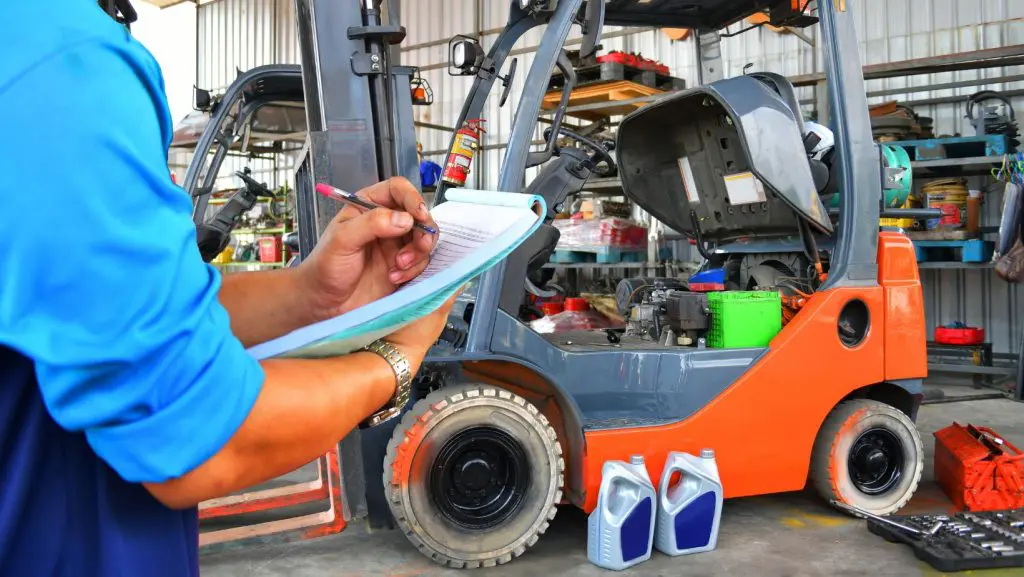How Effective Forklift Training Can Reduce Your Insurance Costs

Reducing operational costs is a priority for every business, and one overlooked area for savings is insurance. Forklift training not only enhances workplace safety but also plays a crucial role in lowering your business insurance costs. By ensuring your operators are trained and certified, your company can mitigate risks, minimise claims, and enjoy reduced premiums. […]

